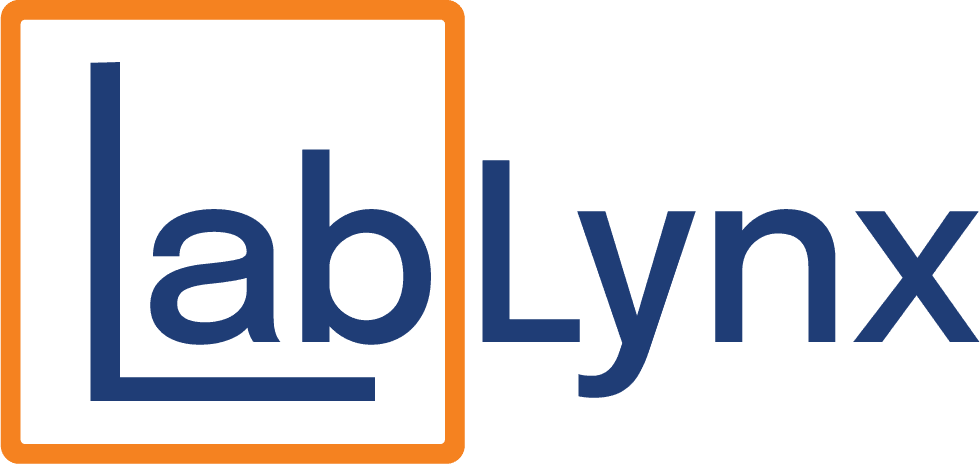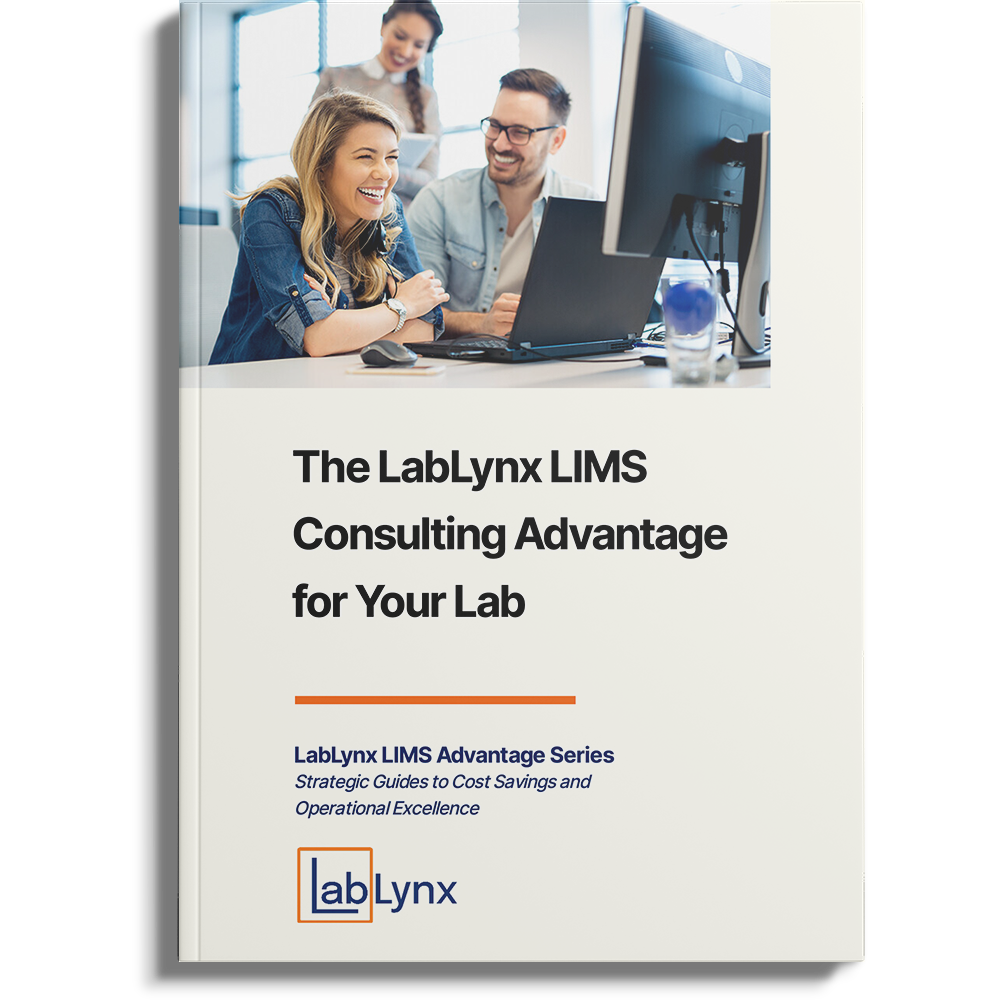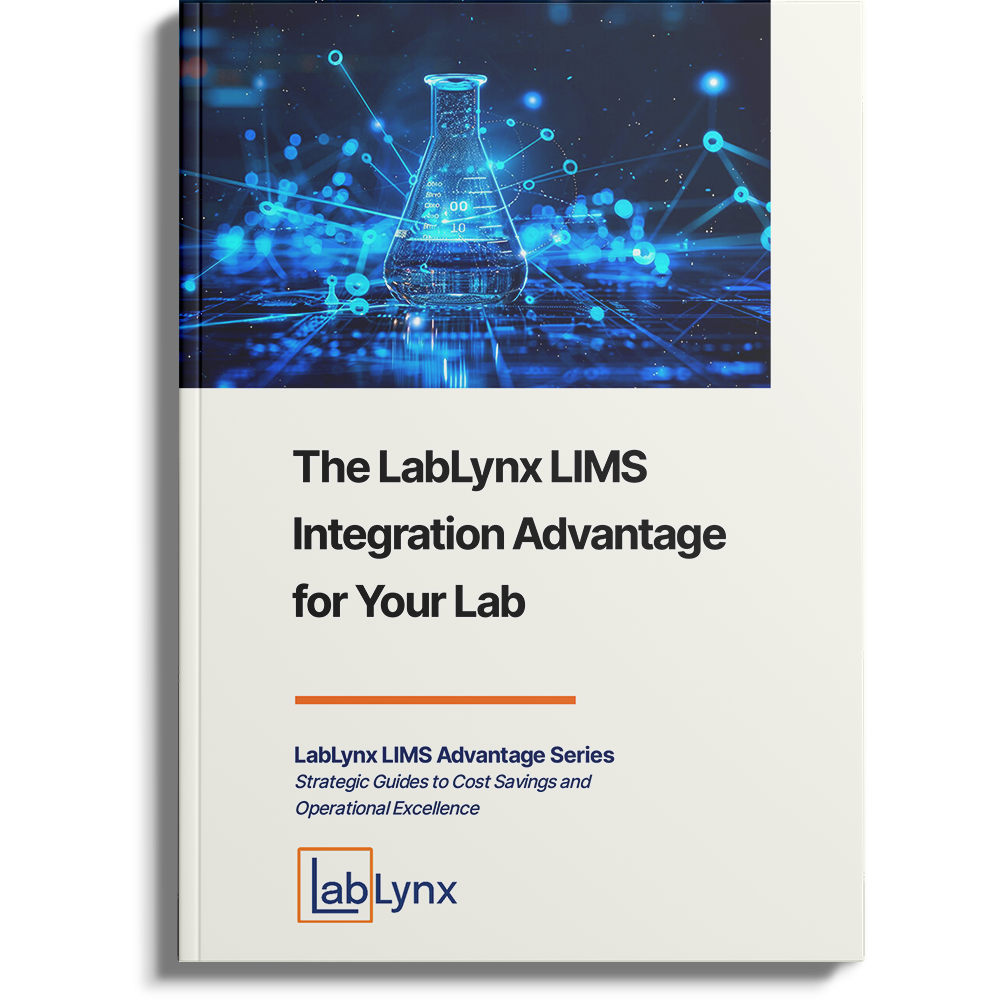
In today’s fast-paced, resource-intensive lab environments, laboratories are under immense pressure to boost efficiency, reduce operational costs, and maintain compliance while handling an ever-growing volume of samples. As a result, outsourcing sample management has emerged as a cost-saving strategy that also allows labs to optimize workflows, improve accuracy, and meet regulatory demands.
In this comprehensive guide, we’ll explore why outsourcing sample management is becoming a common practice, how it can help reduce costs, and what labs should consider when choosing outsourcing partners.
The Rising Challenges of In-House Sample Management
Managing samples effectively is more complex than ever. Labs dealing with clinical testing, pharmaceuticals, research, or diagnostics are faced with several challenges:
- Increasing Sample Volumes: With advancements in diagnostic technologies, labs are processing more samples at higher frequencies.
- Data Integrity and Compliance: Strict regulatory guidelines, such as those from the FDA, ISO, and EU agencies, require meticulous sample tracking and documentation.
- Labor Shortages: Skilled laboratory technicians are in high demand, leaving many labs understaffed.
- Rising Operational Costs: From storage and handling to software and labor, the costs of in-house management can quickly add up.
Given these challenges, many labs are turning to third-party providers that specialize in sample storage, logistics, and management to stay competitive and compliant.
Key Cost-Saving Benefits of Outsourcing Sample Management
1. Lower Storage and Maintenance Costs
Maintaining on-site sample storage is expensive. Labs often need to invest in temperature-controlled storage units, monitor environmental conditions, and maintain equipment. Any failure in storage systems could result in sample degradation and financial losses.
How Outsourcing Helps:
- Third-party providers offer large-scale storage facilities with specialized temperature zones (e.g., cryogenic, -80°C, ambient) without labs needing to invest in expensive infrastructure.
- Service providers handle equipment maintenance and environmental monitoring, reducing the risk of sample damage.
Cost Savings: Labs can avoid capital expenditures on equipment, freeing up budgets for core research and operations.
2. Reduced Staffing and Training Expenses
Managing samples requires skilled personnel for tasks such as logging, tracking, and retrieving specimens. With the current shortage of qualified lab technicians, hiring and training staff can strain operational budgets.
How Outsourcing Helps:
- Third-party vendors provide trained personnel who specialize in handling, storing, and tracking samples.
- By outsourcing routine sample-related tasks, labs can reallocate internal staff to focus on value-added activities, such as research or diagnostics.
Cost Savings: Reduced expenses associated with salaries, benefits, and ongoing training.
3. Increased Efficiency through Automation
Many outsourcing providers use advanced sample management technologies, such as barcode scanning, RFID tagging, and automated sample tracking systems. These technologies help streamline workflows, minimize errors, and provide real-time data on sample status.
How Outsourcing Helps:
- With automated tracking systems, labs can ensure faster sample retrieval and chain-of-custody verification.
- Outsourcing partners can integrate their sample data with a lab’s LIMS, ensuring seamless access to sample details.
Cost Savings: Reduced human error, faster processing times, and improved operational efficiency.
4. Avoiding Regulatory Fines and Non-Compliance Penalties
Compliance failures related to improper sample handling or inadequate documentation can result in costly fines, product recalls, and damage to a lab’s reputation.
How Outsourcing Helps:
- Professional sample management providers maintain audit-ready systems that adhere to regulatory guidelines.
- They often provide comprehensive documentation and reporting, reducing the risk of compliance issues.
Cost Savings: Avoiding costly regulatory penalties and audit-related disruptions.
5. Scalable Solutions for Growth
As labs grow, their sample management needs evolve. Expanding in-house storage or hiring additional staff can be both time-consuming and expensive. Outsourcing allows labs to scale sample management as needed without significant capital investments.
How Outsourcing Helps:
- Providers offer flexible service models, allowing labs to scale storage capacity and handling services on demand.
- They can also support temporary surges in sample volume, such as during clinical trials or special projects.
Cost Savings: Efficient scaling without the need for long-term commitments or infrastructure investments.
Real-World Example: How Outsourcing Transformed a Clinical Lab’s Operations
The Problem: A mid-sized clinical testing lab was struggling to manage its increasing sample volume due to limited storage space and a shortage of qualified technicians. As sample volumes grew, the lab experienced delays in processing and an increase in errors related to sample misplacement.
The Solution: The lab partnered with a third-party sample management provider offering end-to-end services, including sample pickup, storage, and retrieval. The outsourcing partner implemented an automated tracking system integrated with the lab’s LIMS, ensuring real-time updates on sample location and status.
The Outcome:
- 25% reduction in overall sample processing time
- 40% savings on storage-related expenses
- Improved compliance with regulatory audits, resulting in zero fines during the next inspection
Factors to Consider When Choosing an Outsourcing Partner
- Compliance and Certifications: Ensure that the provider complies with all relevant regulatory standards, such as FDA, ISO 15189, and GDPR (for EU-based labs). Request documentation of their certifications and previous audit records.
- Data Integration Capabilities: Choose a partner that can seamlessly integrate sample data into your LIMS or ELN. Real-time access to sample information is critical for efficient lab operations.
- Location and Accessibility: Consider providers with local storage facilities for time-sensitive samples or those that require frequent access. For global labs, partners with multiple locations may be ideal.
- Technology and Automation: Evaluate the provider’s technology infrastructure, including barcode/RFID systems, automated tracking, and cloud-based reporting.
How LabLynx Supports Outsourced Sample Management
LabLynx offers LIMS solutions designed to facilitate smooth collaboration between laboratories and third-party sample management providers. With features like:
- Automated Sample Tracking: Track samples in real-time from pickup to storage and retrieval.
- Compliance Monitoring: Ensure that outsourced samples meet regulatory requirements with automated audit trails.
- Scalable Integration: Easily integrate with external providers’ data systems for seamless reporting and sample status updates.
By partnering with LabLynx, labs can benefit from enhanced sample visibility, improved compliance, and streamlined workflows.
Conclusion: A Strategic Shift Toward Cost-Effective Operations
Outsourcing sample management is more than a cost-cutting measure—it’s a strategic decision that can help labs focus on core functions, improve data integrity, and enhance overall efficiency. As the laboratory landscape continues to evolve, adopting outsourcing as part of a broader operational strategy will be essential for long-term success.
With the right outsourcing partner and a robust LIMS system like LabLynx, your lab can reduce costs, improve sample accuracy, and remain compliant in an increasingly complex environment.
FAQs on Outsourcing Sample Management
1. Is outsourcing suitable for labs of all sizes?
Yes, outsourcing providers offer scalable solutions, making it a viable option for small labs and large enterprises alike.
2. How do I ensure data security when outsourcing?
Choose a provider with encrypted data systems, secure access controls, and a history of successful audits.
3. What types of samples are typically outsourced?
Common examples include biological specimens, environmental samples, clinical trial samples, and chemical samples requiring specialized storage conditions.
Take the next step in reducing operational costs—Contact LabLynx today to learn how our LIMS solutions can support your outsourcing strategy and optimize sample management.




